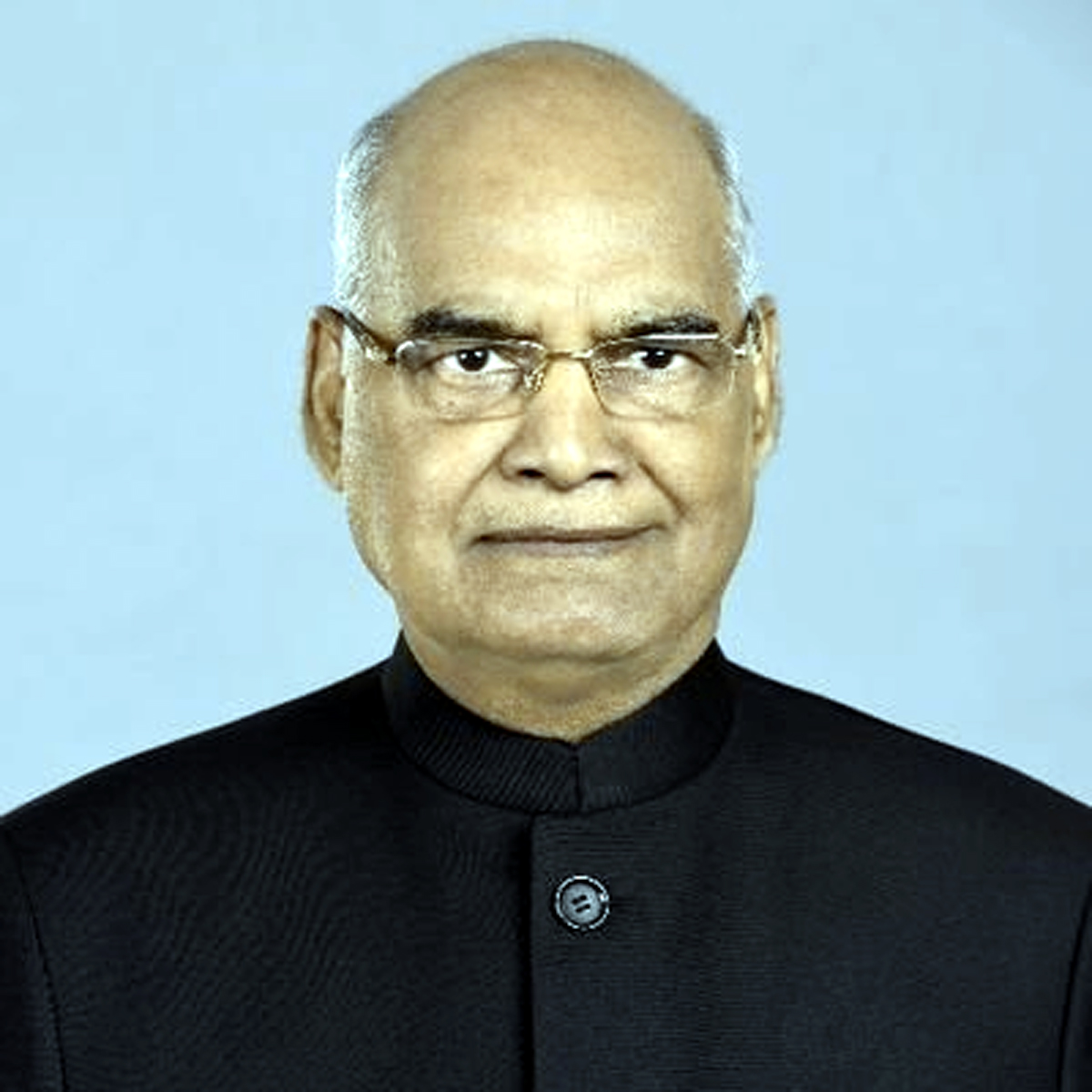HYDERABAD, Feb 13: Saint-poets and philosophers like Sri Ramanujacharya have created and nurtured cultural identity, cultural continuity and cultural unity of the country, President Ram Nath Kovind on Sunday said.
Speaking after attending the millennium birth anniversary celebrations of 11th century saint Ramanujacharya and after unveiling the golden deity of Ramanujacharya here, Kovind said saint-poets and philosophers like Ramanujacharya built the concept of a nation based on cultural values.
“This culture-based concept of nation is different from how it is defined in western thought. References to the bhakti tradition that united India in a single-thread centuries ago are found in the Puranas. This tradition can be seen in the form of the bhakti sects inspired by Ramanujacharya, which had spread from Srirangam and Kancheepuram in Tamil Nadu to Varanasi in Uttar Pradesh. Thus, the emotional unity of Indians is centuries old,” the President said.
The President further said Babasaheb Bhimrao Ambedkar, who stood for social justice, had clearly stated that the fundamental constitutional ideals of country’s modern republic are based on the cultural heritage.
Babasaheb had also mentioned with great respect the egalitarian ideals of Ramanujacharya, the President said adding: “Thus, our concept of equality is not derived from western countries. It has developed in the cultural soil of India. Our eternal vision of Vasudhaiva Kutumbakam is based on equality. Equality is the corner-stone of our democracy”.
Equality before law, prohibition of all forms of discrimination, equality of opportunity, abolition of untouchability – all these fundamental rights have been enshrined in the Indian Constitution. To achieve the constitutional objective of establishing an equitable society, many programmes of public welfare are run by the government, Kovind said.
The President said that during his life-span of more than a hundred years, Ramanujacharya brought glory to India’s spiritual and social character and in order to spread the message of devotion and equality among the people he travelled across the country.
Ramanujacharya’s ‘Vishishtadvaita’ is not only a singular contribution to philosophy but also showed the relevance of philosophy in day-to-day life, he said.
“What is called philosophy in the West has been reduced to a subject of only scholarly study. But what we call ‘Darshan’ is not a matter of dry analysis; it is a way of looking at the world and also a way of life. That has always remained true in India, thanks to philosopher-saints like Ramanujacharya,” Kovind said.
The President said Ramanujacharya provided an intellectual base to the rich bhakti tradition of the South, especially the tradition of the Alvar saint-poets.
Ramanujacharya opened the doors of ‘Vaishnavism’ for the members of so-called backward castes and explained that bhakti is beyond distinction of castes and laid emphasis on everyone’s right to worship God, Kovind said.
Ramanujacharya introduced the concept of equality in the contemporary social system and combined the essence of devotion with the intellectualism of Vedanta, and connected the intellect with the heart and the intangible with the tangible, the President said.
Ramanujacharya tried to instill the concept of surrendering all material pleasures to come to the shelter of God and showed the path of salvation through devotion, he said.
The President said that working for the welfare of all beings has been an important part of the value system. This ideal of ‘benefit of all’ is also visible in the path of devotion based on the Vishishtadvaita of Ramanujacharya.
“Today our Constitution is the basis of the system of our country. But centuries ago,temples and monasteries were the main centres of cultural and social activities. In order to establish equality in that environment, Ramanujacharya made the backward sections of society participants in the arrangement of temples and monasteries. Thus, the egalitarian ideals of the Constitution are visible in the thoughts and methodology of Ramanujacharya,” Kovind added.
Earlier, Telangana Governor Tamilisai Soundararjan and Chief Minister K Chandrashekhar Rao welcomed the President in the airport at Begumpet here.
Prime Minister Narendra Modi on February 5 inaugurated a 216-foot statue of Ramanujacharya at Chinna Jeeyar Swamy Ashram in Muchintal on the city outskirts.
The ‘Statue of Equality’ commemorates Ramanujacharya who promoted the idea of equality in all aspects of living, including faith, caste and creed.
The inauguration of the statue is a part of the 12-day Ramanuja Sahasrabdi Samaroham, the ongoing 1000th birth anniversary celebrations of Ramanujacharya. (PTI):


